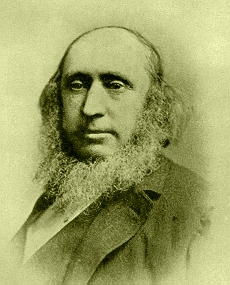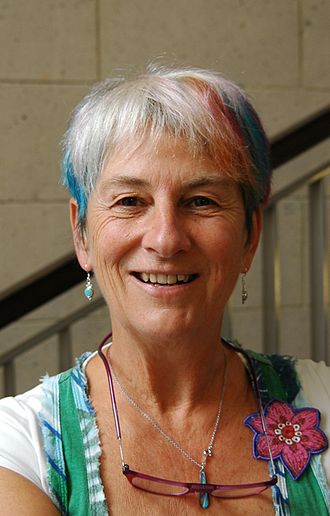Blackmore Last Name Origin, History, and Meaning
Where did the surname Blackmore come from? What does the surname Blackmore mean? Discover the history and meaning of the last name Blackmore and family migration on YourRoots Map.
Surname Blackmore Origin: What does the last name Blackmore mean?
The surname Blackmore has its origins in England, where it first appeared in records around the early 14th century. The name is believed to have been derived from Old English roots. Over the centuries, the Blackmore surname remained closely associated with England from the 14th to the 19th centuries. By the 20th century, the volume of records with the Blackmore surname grew significantly in England, and the name remains prominent in various regions.
YourRoots data confirms the presence of the Blackmore surname in England since the early 14th century. The surname has a long history and has spread to different parts of the world. The Blackmore surname reflects a rich heritage and has evolved over time, maintaining its significance in various regions and cultures up to the present day.
Blackmore Last Name History: Where did the last name Blackmore come from?
Origin of Blackmore Surname: Where does the last name Blackmore originate from?
According to YourRoots data, the surname Blackmore first appeared in records from England around the early 14th century. Please note that this reflects only YourRoots data for the exact Blackmore spelling and does not include other record sources or surname variations.
History of the Last Name Blackmore: What does the Blackmore surname history look like in the early days?
The Blackmore surname remained closely associated with England from the 14th to 19th centuries.
Global Spread: Where can we find the Blackmore surname today?
By the 20th century, the volume of records with the Blackmore surname grew significantly in England. The Blackmore surname remains prominent in various regions.
Explore Blackmore last name heritage and Blackmore surname origin based on YourRoots Map data
 VIEW THE ORIGIN OF SURNAME BLACKMORE
VIEW THE ORIGIN OF SURNAME BLACKMOREFamous People With Blackmore Surame?

Ritchie Blackmore
Richard Hugh Blackmore (born 14 Apr 1945) is an English guitarist known for his role in Deep Purple and Rainbow. Blackmore's guitar riffs have influenced rock music, earning him a spot in the Rock and Roll Hall of Fame. His classical and blues-based solos have been praised by Guitar World and Rolling Stone. Blackmore's career spans from the 1960s with Deep Purple to his folk rock band Blackmore's Night in the late 1990s. With a lasting impact on the rock genre, Blackmore continues to be recognized as one of the greatest and most influential guitar players of all time.

Rachael Blackmore
Rachael Eimir Blackmore (born Jul 11, 1989) is an Irish jockey known for her historic achievements in National Hunt and flat racing. She made history in 2021 as the first female jockey to win the Grand National and the Champion Hurdle at the Cheltenham Festival. Blackmore's success has earned her prestigious titles like the 2021 RTÉ Sports Person of the Year and the BBC World Sport Star of the Year. With a background in equine science, she has become a trailblazer in a traditionally male-dominated sport, breaking barriers and inspiring aspiring jockeys around the world.

Winston Blackmore
Winston Blackmore (August 25, 1956 - ) is a Canadian religious leader known for his involvement in a polygamous Fundamentalist Latter Day Saint group in Bountiful, British Columbia. He gained notoriety for having 27 "spiritual" wives and 150 children, some of whom were reportedly underage. Despite facing legal challenges for polygamy, Blackmore has continued to lead his community and remains a controversial figure in Canadian society.

R. D. Blackmore
Richard Doddridge Blackmore (7 Jun 1825 – 20 Jan 1900) was a renowned English novelist known for his vivid descriptions of the countryside. His most famous work, Lorna Doone, continues to be popular today. Blackmore was also a barrister and excelled in classical studies during his scholarly career. He married Lucy Maguire in 1853 and lived a quiet life in the country, focusing on his fruit-growing business. Despite his success as an author, Blackmore found joy in his horticultural pursuits, preferring to be remembered for his agricultural achievements. He passed away in 1900 at the age of 74, leaving behind a legacy of literary and agricultural contributions.

Susan Blackmore
Susan Jane Blackmore (born July 29, 1951) is a British writer, lecturer, sceptic, and broadcaster known for her work in memetics, parapsychology, and consciousness studies. She gained recognition for her book "The Meme Machine" and has written numerous books and scholarly articles. Blackmore's research journey led her from belief in psychic phenomena to skepticism, earning her the CSICOP Distinguished Skeptic Award. She has contributed to The Guardian and debated prominent figures on topics like the existence of God. As a Patron of Humanists UK, she continues to engage in discussions on psychology, skepticism, and religious culture.
All images displayed on this page are sourced from Wikipedia or Wikimedia Commons.We use these images under their respective Creative Commons or public domain licenses. Wherever applicable, author attributions and license information are provided. If you believe an image is used incorrectly or outside its license terms, please contact us so that we can review and correct the issue.




.png)